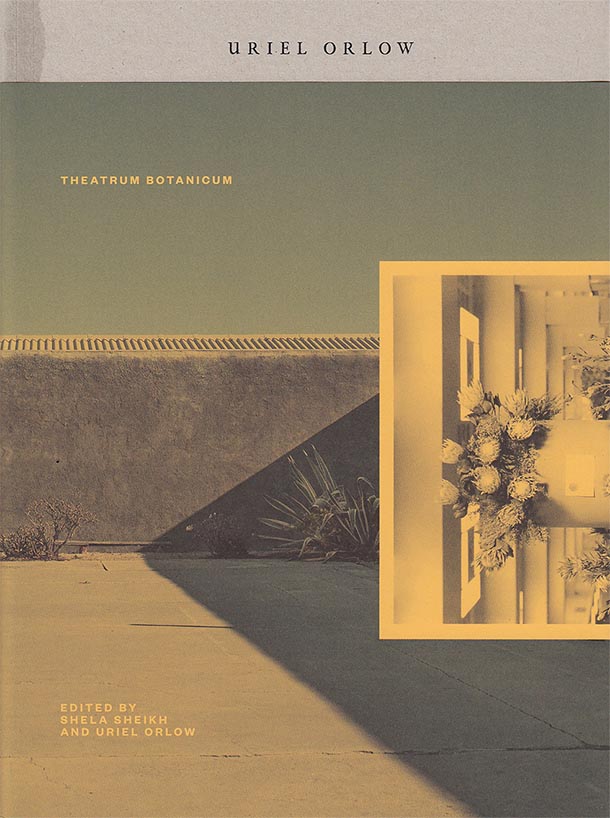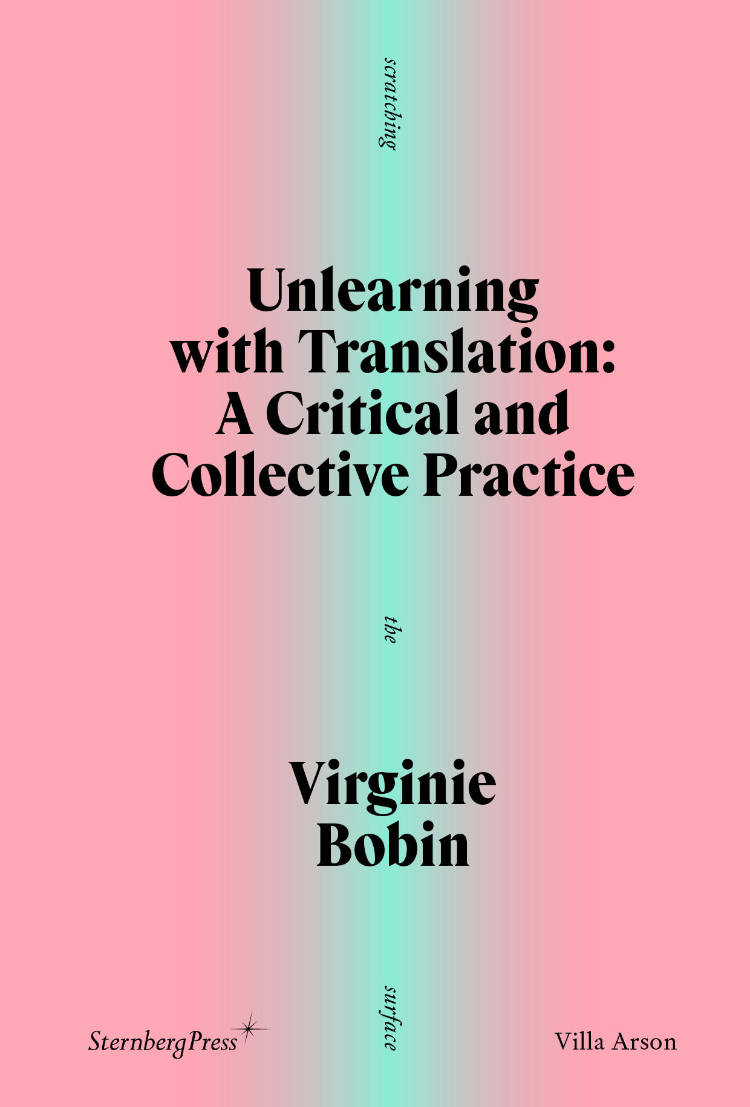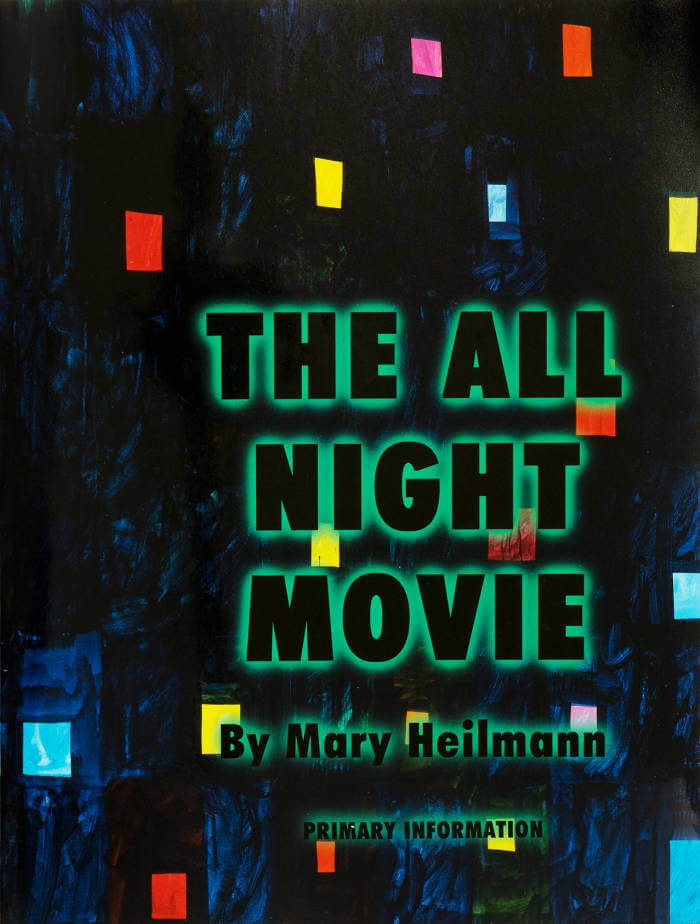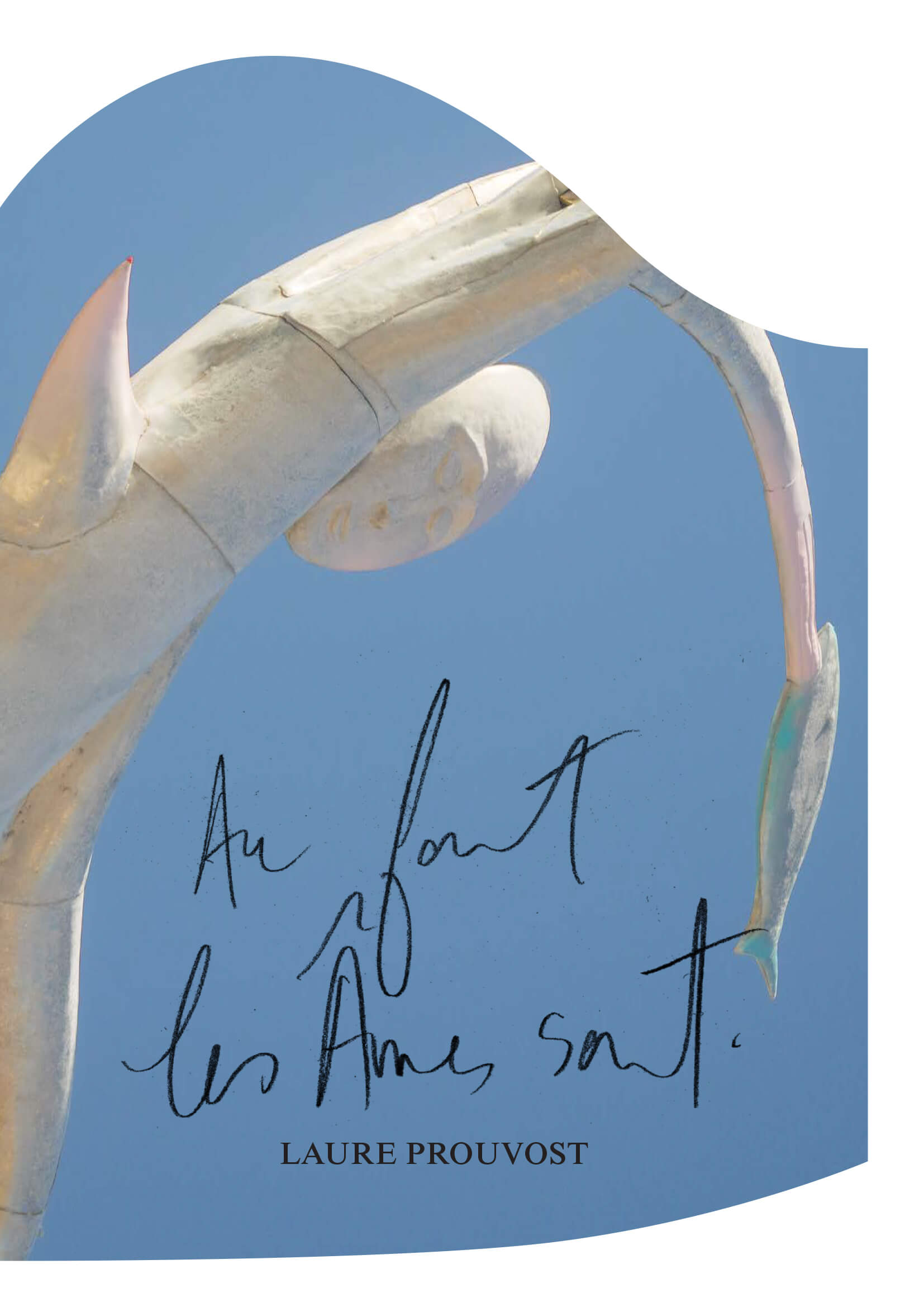The act of translation as a pedagogical tool, a political act, and ultimately a gesture of care in these tense cultural times.
Based on practical experiments, Unlearning with Translation posits the act of translation as a pedagogical tool, a political act, and ultimately a gesture of care in these tense cultural times. Written by French curator, writer, editor, and self-taught translatress Virginie Bobin, the essay revisits a series of workshops, exhibitions, and other collective activities that took translation as both subject and method to unsettle entrenched conceptions of language, identity, and belonging. In particular, the ambiguous notion of "untranslatability" is used as a lens through which to examine the power relations at play in those institutional, economic, and political contexts inhabited by art workers. Alongside collaborations with artists including Mercedes Azpilicueta, Serena Lee, and Mounira Al Solh, Bobin's reflections are grounded in her experience co-founding and facilitating the editorial and curatorial platform Qalqalah قلقلة†, which relies on translation as a tool for the production and publication of situated knowledge in three languages—French, Arabic, and English. Informed by feminist genealogies and methodologies throughout, the book maintains that collective labor and relations are key aspects of any critical practice, as exemplified in the concluding correspondence with Andrea Ancira.
Virginie Bobin operates across research, curatorial and editorial practices, writing, pedagogy and translation, with a particular interest in performance, experimental forms of artistic research, the role of art, artists and art institutions in the public sphere, and formats that exceed that of the exhibition. Between 2009 and 2018, she has worked for various art centers and residency programs (Villa Vassilieff, Bétonsalon, Witte de With, Les Laboratoires d'Aubervilliers, Performa). She is a Doctor in Artistic Research (PhD-in-Practice, Academy of Fines Arts, Vienna, 2023), a professor in Art and Social Practices at ésadhar (Rouen, since 2024), and a co-founding member of the editorial and curatorial platform Qalqalah قلقلة. In addition to her contributions to various international journals, she has edited the collective publications Composing Differences (Les presses du réel, 2015), Republications (with Mathilde Villeneuve, Archive Books, 2015), and Bestiario de Lengüitas (with Mercedes Azpilicueta, k.verlag, 2024).
Edited by Alice Dusapin and Sophie Orlando.
Contribution by Andrea Ancira.








